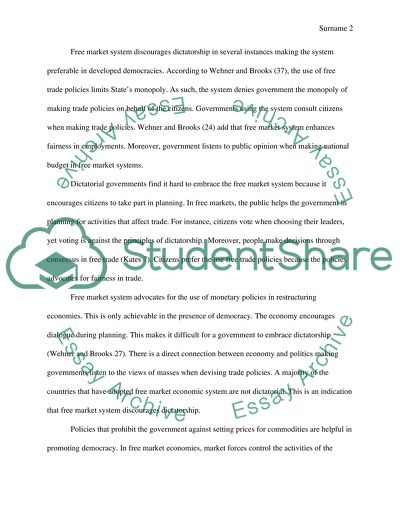Cite this document
(“ECON160 Research Paper Example | Topics and Well Written Essays - 1250 words”, n.d.)
ECON160 Research Paper Example | Topics and Well Written Essays - 1250 words. Retrieved from https://studentshare.org/macro-microeconomics/1461358-econ160
ECON160 Research Paper Example | Topics and Well Written Essays - 1250 words. Retrieved from https://studentshare.org/macro-microeconomics/1461358-econ160
(ECON160 Research Paper Example | Topics and Well Written Essays - 1250 Words)
ECON160 Research Paper Example | Topics and Well Written Essays - 1250 Words. https://studentshare.org/macro-microeconomics/1461358-econ160.
ECON160 Research Paper Example | Topics and Well Written Essays - 1250 Words. https://studentshare.org/macro-microeconomics/1461358-econ160.
“ECON160 Research Paper Example | Topics and Well Written Essays - 1250 Words”, n.d. https://studentshare.org/macro-microeconomics/1461358-econ160.


